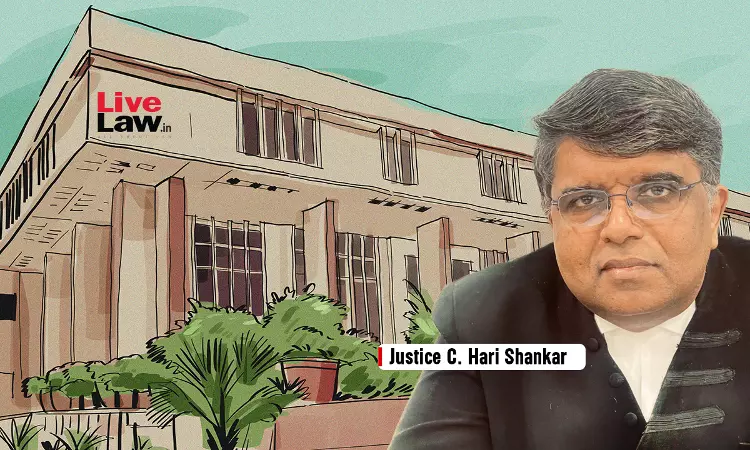The Delhi High Court has imposed Rs. 1 lakh costs on a man who made “Lord Hanuman” a party objector (appellant) to an appeal concerning the dispute of a temple constructed on a private land and claiming the right to worship therein.“I never thought that God would, one day, be a litigant before me. This appears, however, thankfully, to be a case of Divinity By Proxy,” remarked Justice...

